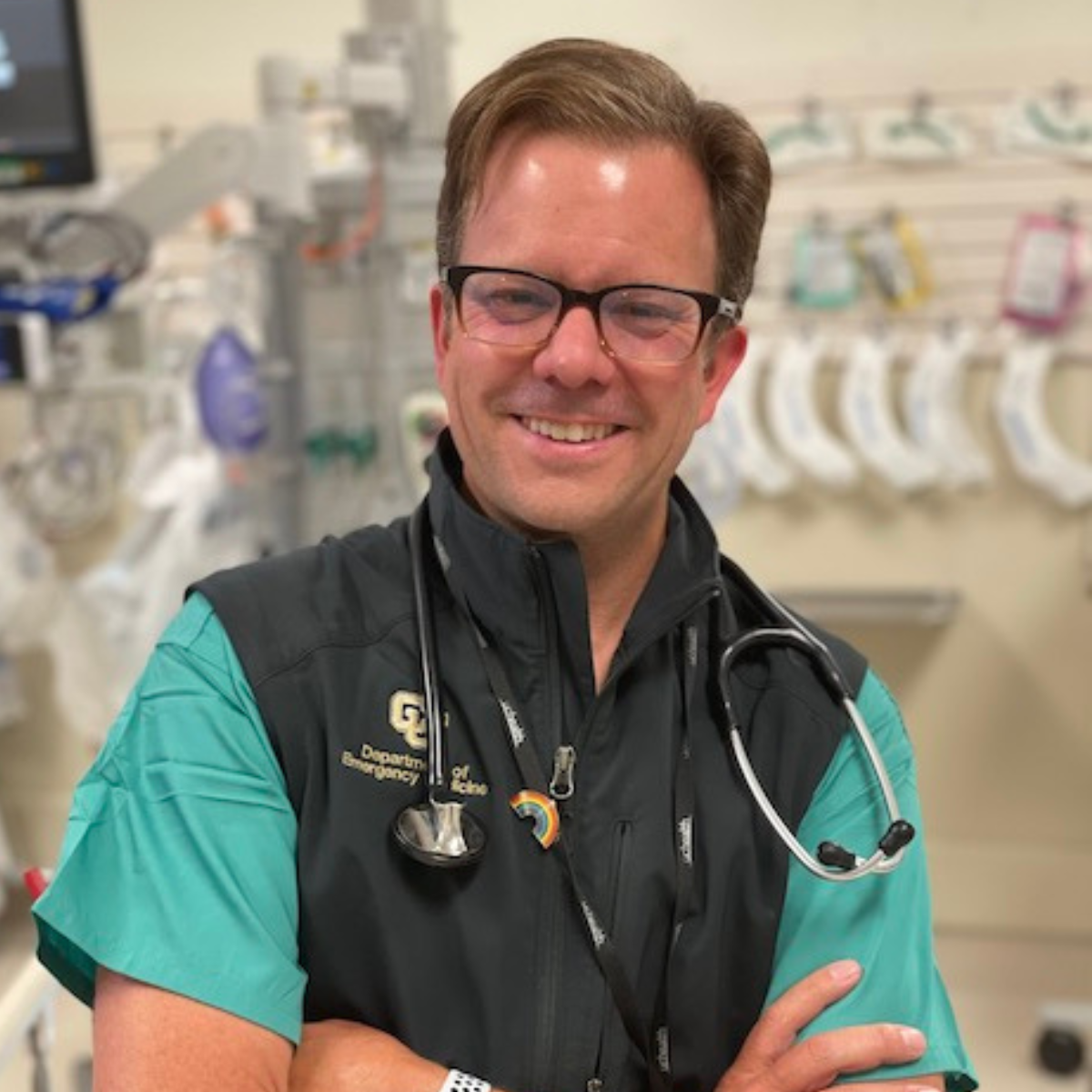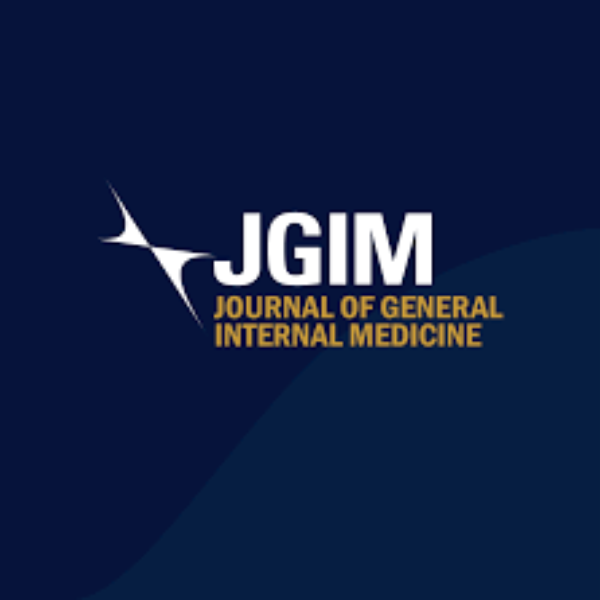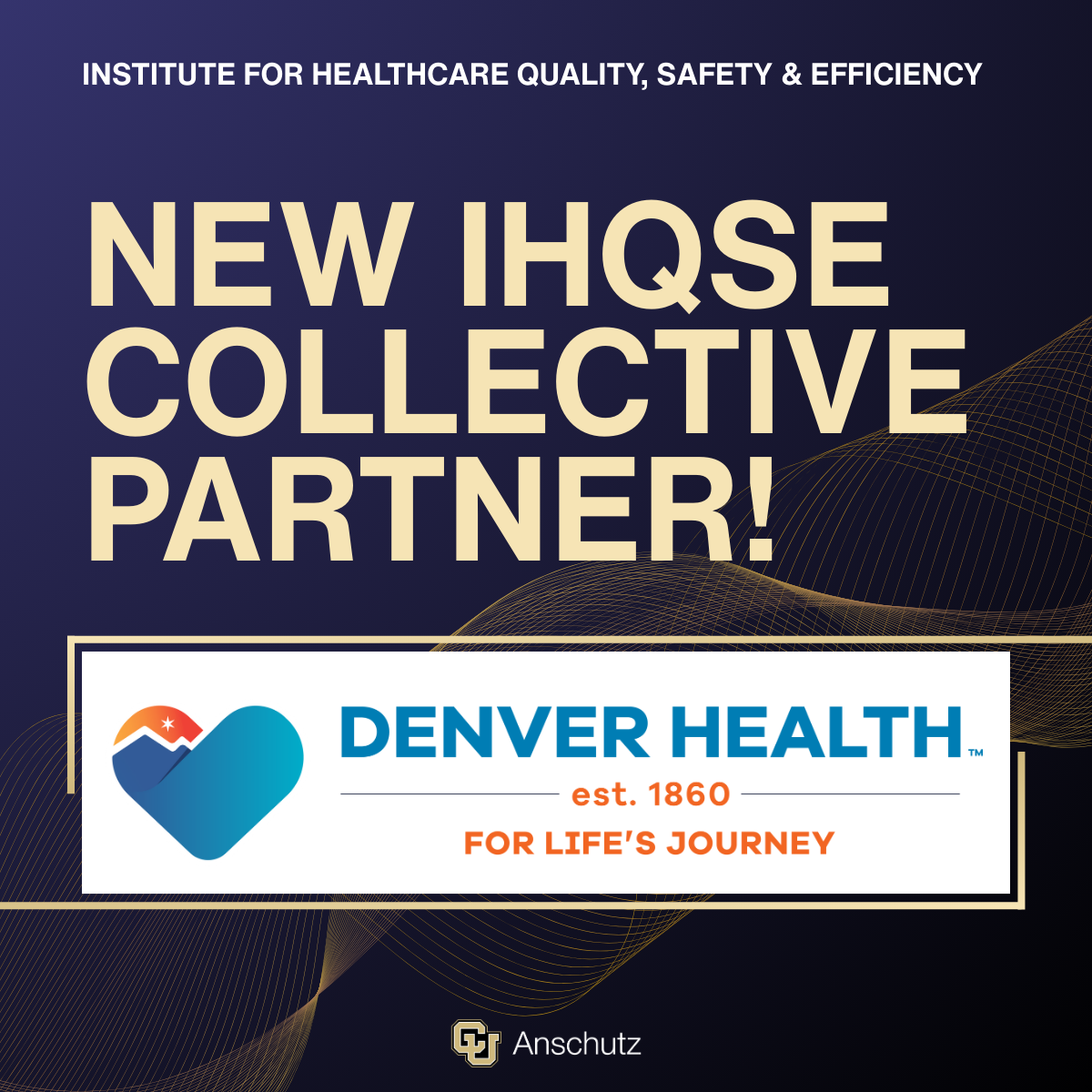
Introducing The IHQSE Collective: our new organizational membership program. Learn More
Transforming Healthcare
One patient at a time.
Transformation. Not Just Education.
At the IHQSE our goal is to improve the care provided to patients by developing people, improving processes, and building high-performing organizations.
Our Mission
To transform through discovery, improvement and spread, the people and processes that serve our patients.
About Us
Our Programs
IHQSE programs are designed to develop healthcare leaders who are equipped to improve patient outcomes and strengthen their teams and organizations. Take the next step on your healthcare career journey with one of our programs today!
Featured Upcoming Programs

Quality & Safety Academy

Quality & Safety Academy
Gain foundational knowledge in quality improvement and patient safety with this interactive virtual course.

Foundations in Healthcare Leadership

Foundations in Healthcare Leadership
One of our most popular programs focusing on leadership training for healthcare professionals. Blending in-person training, one-on-one executive coaching, and a personalized development plan, Foundations in Healthcare Leadership gives you the leadership training you need with the personalized approach you deserve.

Quality Improvement Writing Group

Quality Improvement Writing Group
Gain the skills to publish your quality improvement work with confidence. Through bi-weekly trainings and ongoing mentorship for manuscript preparation, the Quality Improvement Writing Group can help your work rise to the top.
Hear What People Are Saying
IHQSE Stories
Learn more about how our faculty and alumni are improving care for patients across health systems and the country.
Sign Up for Updates from the IHQSE
Join our newsletter to hear about upcoming programs, exciting announcements, and updates!






.png?sfvrsn=bbd6dcb4_1)